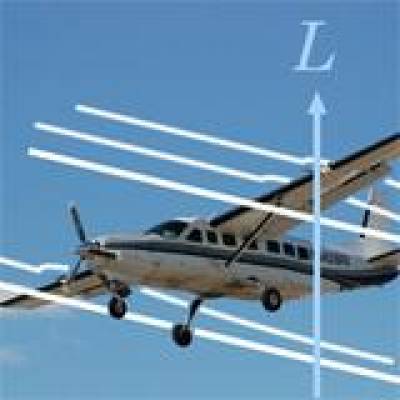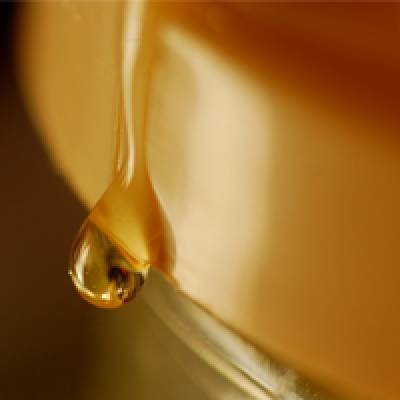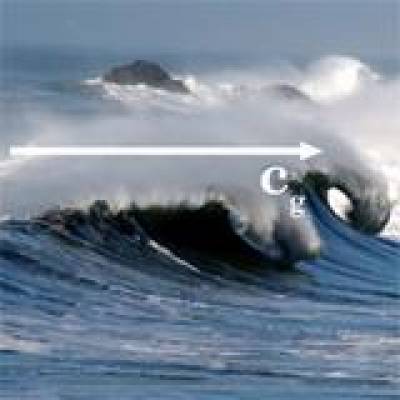
MATH2301 Fluid MechanicsHow do airborne vehicles and birds fly? How fast do waves move on the surface of water? With applied mathematics it is possible to give quantitative answers to such questions: this course deals with the simplest cases of fluid motion and is the foundation of more advanced study. |

MATH3301 Real FluidsThis is a course on the flow of incompressible viscous (ie real) fluids. Unlike an ideal fluid, a viscous fluid exerts tangential stresses which are analogous to friction forces in mechanics. Once the governing partial differential equations are derived, we move on to obtaining and interpreting special solutions, eg for flow between rotating cylinders, over an oscillating plate, between converging walls, or through pipes of various cross-sections. Domestic and industrial applications are mentioned. Motion of a very viscous fluid and slow flows as in lubrication are then considered in more detail. |

MATH3304 Geophysical Fluid DynamicsThis course uses mathematics to discuss the global environment. Basic fluid dynamics and simple physics for the atmosphere and oceans are used to discuss some of the mechanisms involved in the dispersion of pollutants along coasts and the four-yearly (on average) El Niño oscillation in the equatorial Pacific, with its attendant Australia drought and blight of the Peruvian anchovy industry. Typical analysis involves the solution of linear partial differential equations for the velocity and density of the flows. |

MATHM302 Asymptotic Methods and Boundary Layer TheoryThis course is a natural follow-on to 3301, where the equations of incompressible viscous flow were derived, and many exact solutions obtained and discussed. Here we concentrate on the high Reynolds number limit, and interpret boundary-layer theory as the leading term of a rational approximation to the Navier-Stokes equations. The mathematical basis of such an interpretation is singular perturbation theory and as part of this course the method of matched asymptotic expansions will be taught in the context of ordinary differential equations. Subsequently various steady and unsteady viscous flows will be studied: these will include examples of internal and external flows and of jets and wakes. This is an advanced course that reflects the research interests of many of the Applied Mathematics staff. |
 Close
Close

